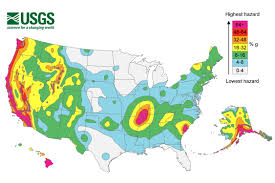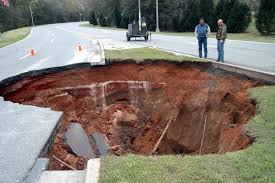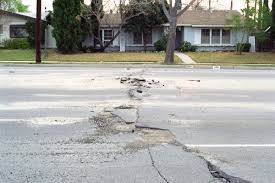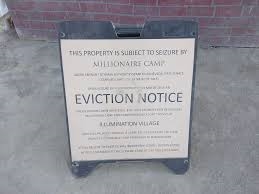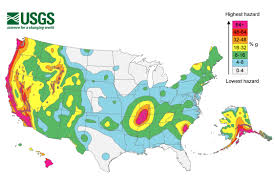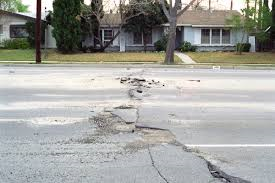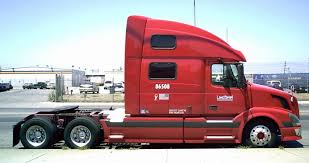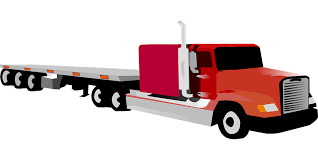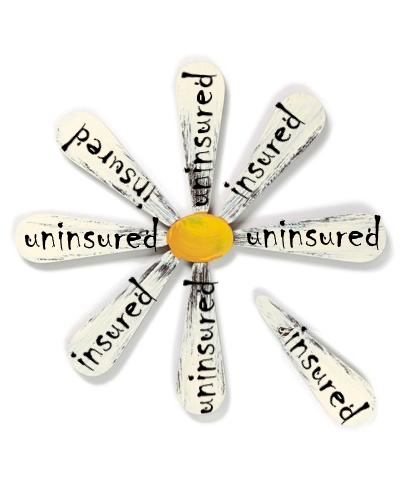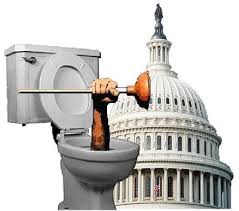
See part 1 which discusses the meaning of social media liability.
Social media liability claims can be complicated and expensive since they may involve historical postings. In these instances, defense costs may include electronic discovery or subpoenaing information from any applicable social networking sites. Expenses could expand if a party filing a lawsuit demands information beyond a post to one particular site to include posts made on all the social networking sites where a defendant holds an account.
Depending on the nature of the claim, the insured may be faced with multiple lawsuits in multiple jurisdictions including outside the United States. Defense costs may reflect extensive jurisdictional and venue disputes that have to be handled (and paid for) even before determining if that claim is eligible for coverage.
Another issue is the problem of handling intentional (deliberate) acts. They are routinely excluded by most insurance policies. An insurance company may choose to deny either legally defending and/or responding to a lawsuit because, in its opinion, the policyholder had full knowledge that published information was false or that an act was an invasion of privacy.
Social media liability is not a common term so insurance policies generally refer to the traditional terms of “personal and advertising injury” and extending this traditional coverage to social media and the Internet. Social media makes it easier to libel, slander or invade a person’s privacy.
Off-the-cuff comments that used to be made at the water cooler or in the privacy of one’s home are now published nationwide or internationally. The result? Damages sought by a claim can be more substantial because there are more people aware of the comments as compared to traditional situation.
You must be aware of the legal potential in using social media and the claims that can result if defamatory comments are made about family members, friends, exes, etc. There is no immunity from lawsuits simply because such comments are commonly posted on sites such as Facebook or Twitter.
Considering what is at stake, especially for businesses, umbrella coverage is definitely recommended as an additional source of protection. Umbrella coverage is also recommended for prolific social media users and bloggers. Although avoiding high-risk behavior is a simpler and more effective way to eliminate problems, it is unlikely that individuals will avoid social media or blogging altogether. A more realistic expectation may be that a person may inadvertently engage in behavior that creates a claim. Individuals should evaluate the risk potential and realize that coverage for social media liability may become a necessary part of everyday life, similar to auto insurance or home insurance.
COPYRIGHT: Insurance Publishing Plus, Inc. 2015
All rights reserved. Production or distribution, whether in whole or in part, in any form of media or language; and no matter what country, state or territory, is expressly forbidden without the written consent of Insurance Publishing Plus, Inc.

 Contact
Contact
 Email an Agent
Email an Agent

 Click to Call
Click to Call Get Directions
Get Directions